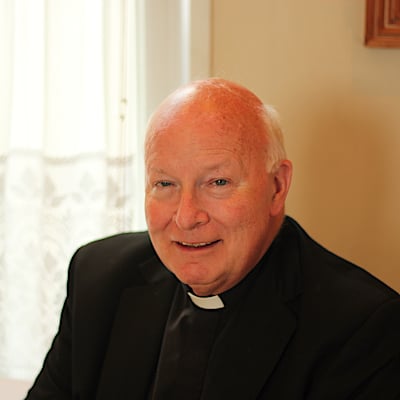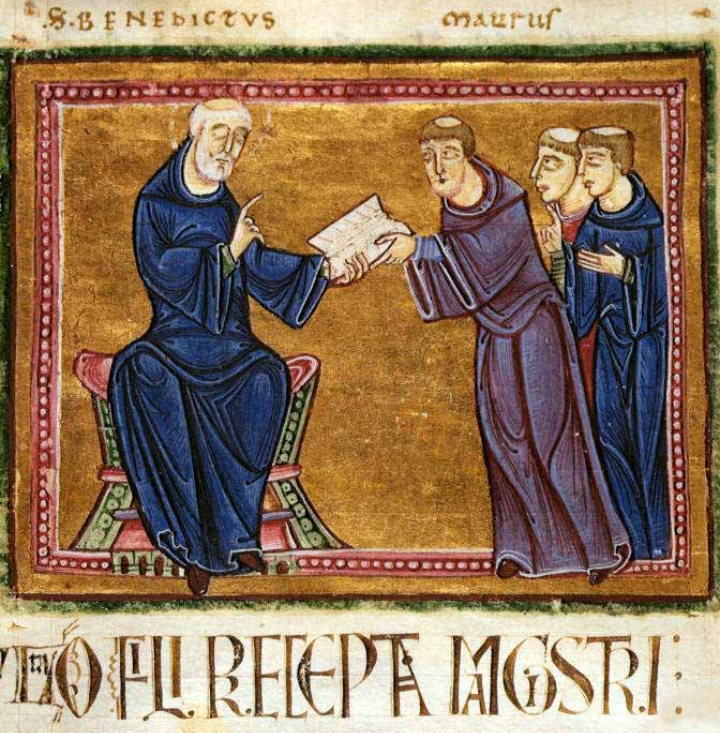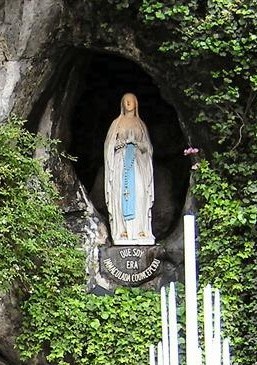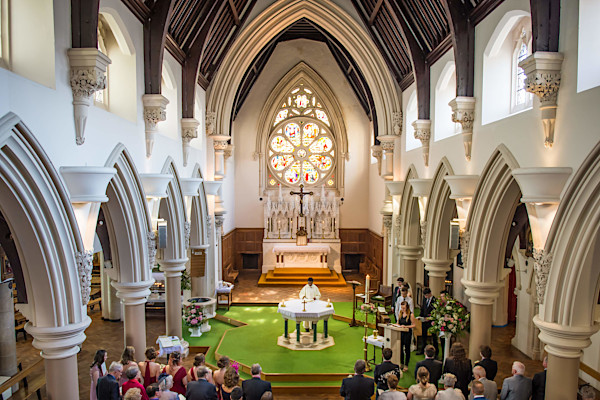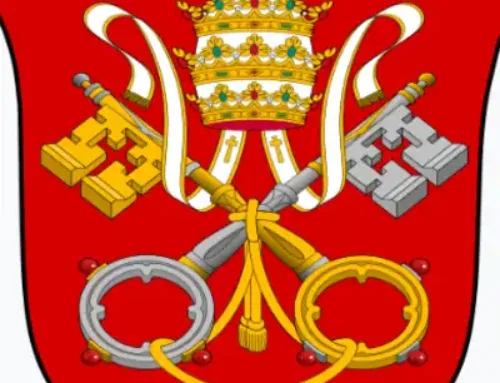The Holy Trinity
Last month was the 1700th anniversary of the first great ecumenical (worldwide) council of the Church in Nicaea, now Iznik in modern Turkey. It was called by the Emperor Constantine when the unity of the church was seriously threatened by the teaching of a popular priest and theologian, Arius. He believed the Son, Jesus, was created by the Father, meaning He had a beginning and was not always in existence. This contradicts the Christian belief that Jesus is eternally begotten of the Father, not created. Arius had many followers and the support of numerous bishops, and this was dividing the church.
In response to his teaching, the bishops, meeting at Nicaea, defined the relationship between the Father and the Son and so laid the foundation for the doctrine of the Trinity. They affirmed the co-eternality and consubstantiality of the Son with the Father, solidifying the Orthodox understanding of the Trinity.
In a later century we have St. Augustine’s understanding of the Trinity, which emphasised its unity and distinctness. He described the Trinity as one God in three co-equal and co-eternal persons: Father, Son (Jesus), and Holy Spirit. He argued that each person is distinct, yet they share the same divine nature and work together in inseparable unity.
This mystery of the Trinity we celebrate today. God as Trinity enables us to understand God’s closeness to us and his desire for us to flourish. As Maria Power points out: ‘God is Father, the self-communicating source of life and love. God is Son who is the embodiment of that love for us in the life death and resurrection of Jesus, and that God is the Holy Spirit, the love of God present with us today.’ It is the Spirit that prompts us inwardly to love God, each other and creation; guiding us, as it says in today’s Gospel ‘into all the truth’.
There is a saint, Elizabeth of the Trinity, who joined a Carmelite community on 2nd August in 1901 at the age of twenty- one. Her five short years in the convent were intensely happy for her. She wrote a wonderful prayer to the Trinity. In it she said:
O my beloved Christ, crucified by love . . . I feel my weakness and ask You to clothe me with Yourself; to identify my soul with all the movements of Your soul, to overwhelm me, to possess me, to substitute Yourself for me that my life may be but a radiance of Your life.
She realised that we are tempted to not allow ourselves to be loved by God or fully accept the gift of God’s infinite affection. And when we fall victim to this, trouble always ensues. We begin to seek fulfilment in things that cannot provide it; we become vulnerable to dependency on people’s approval and affection. We become unfree when not grounded and rooted in the ultimate approval and affection of God alone.

